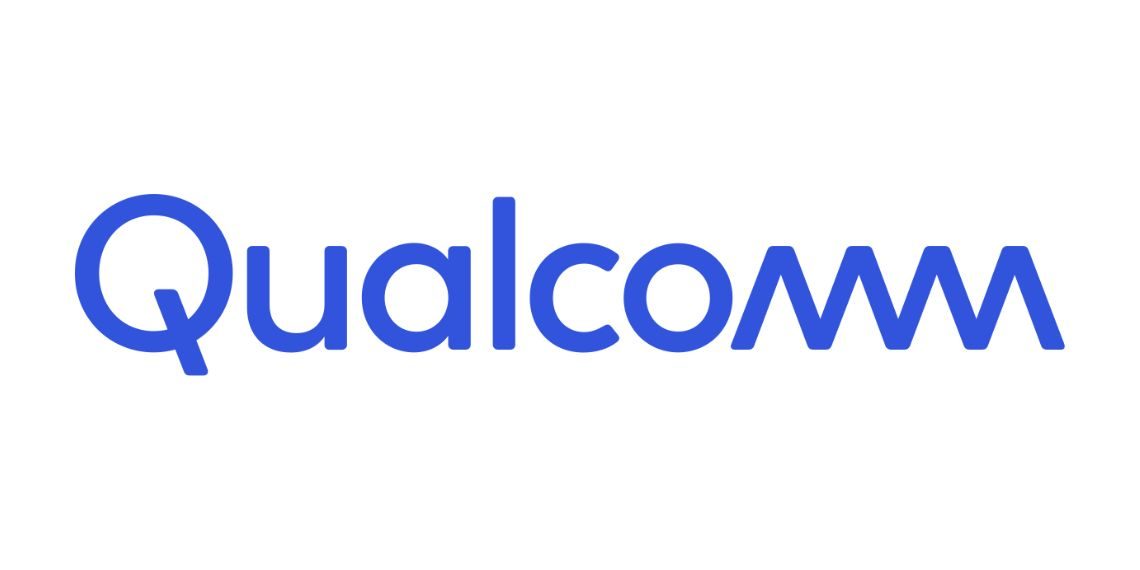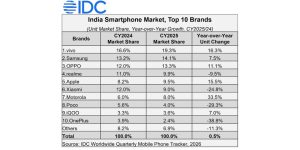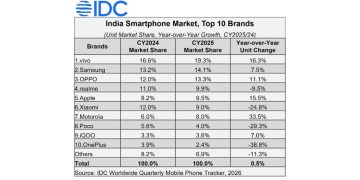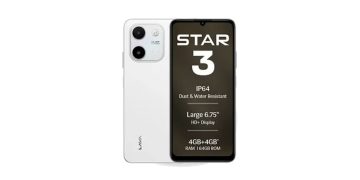Qualcomm has secured a significant legal victory in a high-profile lawsuit filed by Arm Holdings over a chip licensing dispute. The case revolved around Qualcomm’s 2021 acquisition of Nuvia for $1.4 billion, with Arm alleging that Qualcomm improperly utilized Nuvia’s chip designs without renegotiating its licensing terms. A federal jury in Delaware ruled in Qualcomm’s favor, marking a pivotal moment in the tech industry’s competitive landscape.
Key Points
Dispute Origin: Arm claimed Qualcomm’s acquisition of Nuvia required new licensing agreements.
Jury Verdict: Qualcomm’s use of Arm’s technology was deemed valid under its current license.
Unresolved Issue: The jury couldn’t decide if Nuvia breached its license, leaving it open for retrial.
Strategic Significance: Qualcomm’s acquisition of Nuvia aimed to strengthen its chip portfolio and save $1.4 billion annually.
Financial Impact on Arm: Arm estimated potential losses of $50 million due to Qualcomm’s actions.
Future Plans: Arm plans to seek a retrial on Nuvia’s license breach.
Industry Implications: The verdict underscores evolving competition in the semiconductor market.
Background of the Dispute
The conflict stemmed from Arm’s assertion that Qualcomm’s acquisition of Nuvia required the renegotiation of licensing terms. Arm alleged Qualcomm’s use of Nuvia’s chip designs violated the original agreement, asserting that Qualcomm should have destroyed the designs post-acquisition. Qualcomm, however, argued that its existing license with Arm fully covered the use of such technologies.
The Verdict and Its Implications
The jury sided with Qualcomm, affirming that its current license protected the contested chip designs. Qualcomm’s General Counsel, Ann Chaplin, welcomed the decision:
“The jury has vindicated Qualcomm’s right to innovate and affirmed that all the Qualcomm products at issue in the case are protected by Qualcomm’s contract with Arm.”
However, the jury was unable to reach a consensus on whether Nuvia had breached its licensing agreement with Arm. This unresolved matter could lead to further litigation.
Arm’s Response and Next Steps
Arm expressed disappointment with the incomplete resolution, signaling its intent to seek a retrial. A statement from the company emphasized the need to revisit the unresolved claims regarding Nuvia. This legal strategy underscores Arm’s determination to safeguard its licensing revenue and market position.
Strategic and Financial Insights
The trial highlighted Qualcomm’s strategic importance in acquiring Nuvia. Internal documents revealed Qualcomm aimed to save $1.4 billion annually by leveraging Nuvia’s technologies. The move also supports Qualcomm’s ambitions to expand its presence in the computer processor market, particularly with innovations like the Snapdragon X series.
Conversely, Arm projected a potential revenue loss of $50 million due to Qualcomm’s actions, emphasizing the financial stakes involved.
Broader Industry Impact
This legal victory reinforces Qualcomm’s ability to innovate under its existing licensing agreements while highlighting the complex dynamics of intellectual property rights in the semiconductor industry. The unresolved claims surrounding Nuvia could shape future licensing negotiations and industry practices.
Conclusion
Qualcomm’s courtroom triumph is a significant milestone in its strategy to dominate the next generation of chip technologies. While the unresolved Nuvia-related issues may lead to further litigation, Qualcomm’s position in the market remains strong, signaling a promising path forward for innovation and competition in the semiconductor sector.
Follow Before You Take on Facebook | Twitter | WhatsApp Channel | Instagram | Telegram | Threads | LinkedIn, For the Latest Technology News & Updates | Latest Electric Vehicles News | Electronics News | Mobiles News | Software Updates













































































































































































